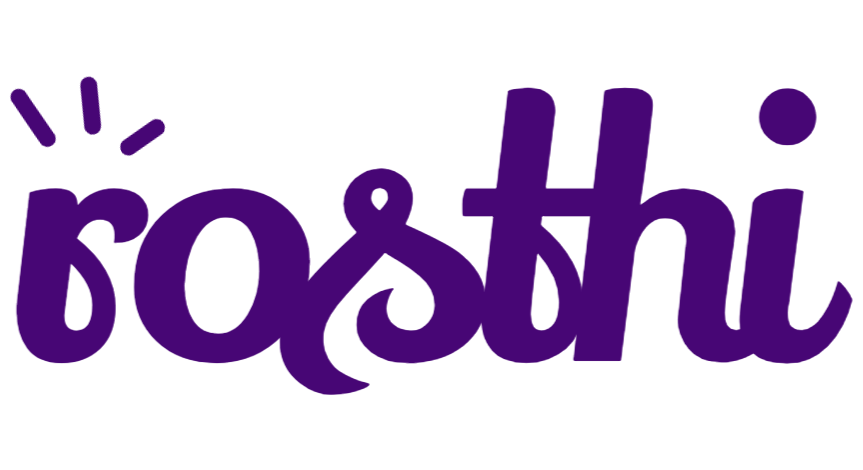Efficient and fast crawling is a critical factor in website management and SEO optimization. The Google Indexing API is a powerful tool that enables real-time crawling and indexing, significantly boosting the speed and efficiency of your SEO efforts. In this article, we’ll explore the key features, benefits, and best practices for using Google Indexing API.
What Is Google Indexing API?
The Google Indexing API is a protocol that allows websites to directly notify Google about updated or new URLs, enabling real-time crawling and indexing. Unlike traditional crawling methods, where search engines periodically visit websites to detect updates, the Indexing API lets website owners actively send requests, greatly enhancing processing speed.
Key Benefits of Google Indexing API
1. Bypass Crawling Queues
The Google Indexing API bypasses traditional crawling queues, allowing submitted URLs to be processed instantly. This ensures that updated content or new pages are quickly reflected in Google search results.
2. Real-Time Processing
With the Indexing API, Google processes requests within seconds of submission, minimizing indexing delays. This is particularly useful for time-sensitive content, such as event pages or news articles.
3. No Impact on Crawl Budget
Requests submitted via the Indexing API do not affect your website’s crawl budget. This means large-scale websites can achieve efficient crawling and indexing without overloading their allocated crawl budget.
4. Integration with Google Search Console
All requests submitted through the Indexing API can be monitored in Google Search Console, allowing you to track the status of your URLs easily. This helps identify and fix issues early.
Comparing Google Indexing API with Other Methods
1. Google Search Console Manual Submission
The manual submission tool in Google Search Console allows up to 10 URL submissions per day, making it a limited option. In contrast, the Indexing API supports up to 200 URL requests daily, enabling faster and more comprehensive indexing.
2. IndexNow vs. Google Indexing API
IndexNow is an API used by Bing, Yandex, and other search engines but is not supported by Google. To improve visibility in Google search results, the Google Indexing API is the recommended tool.
How to Use Google Indexing API
1. Set Up the API
- Create a new project in Google Cloud Console.
- Navigate to “APIs & Services” > “Library” and enable the “Indexing API”.
- Generate credentials and download the service account key.
2. Grant Permissions
- Verify domain ownership in Google Search Console.
- Add the service account email to your Google Search Console account with “Owner” or “Full Access” permissions.
3. Submit URLs
Send a POST request through your service account to submit URLs. Below is an example request format:
POST https://indexing.googleapis.com/v3/urlNotifications:publish
Content-Type: application/json
{
"url": "https://example.com/new-page",
"type": "URL_UPDATED"
}
This request notifies Google of new URLs or updates to existing ones.
4. Leverage Multiple Projects
The Indexing API has a daily limit of 200 requests per project. To bypass this limit, create multiple projects and distribute your requests across them.
Use Cases for Google Indexing API
- Dynamic Content Websites
For frequently updated pages like event schedules or product information, the Indexing API ensures fast reflection of changes in search results. - News Websites
Time-sensitive news articles can be indexed immediately after publication, increasing visibility and readership. - SEO Optimization Projects
Enhance the visibility of specific pages by requesting immediate indexing.
Best Practices for Using Google Indexing API
- Request Limitations
Prioritize important URLs to maximize the effectiveness of the 200 requests per day limit. - Ensure Accurate URLs
Only URLs with an HTTP status code of 200 (OK) will be indexed. Verify URL validity before submission. - Monitor in Search Console
Regularly check the indexing status of submitted URLs in Google Search Console and address any issues promptly.
Conclusion
The Google Indexing API is the most efficient tool for real-time crawling and indexing. Whether you manage a time-sensitive content website or a large-scale platform, the API helps optimize crawl budgets and maximize SEO performance. With its seamless integration with Google Search Console and flexibility, the Google Indexing API is essential for improving your website’s search visibility.



